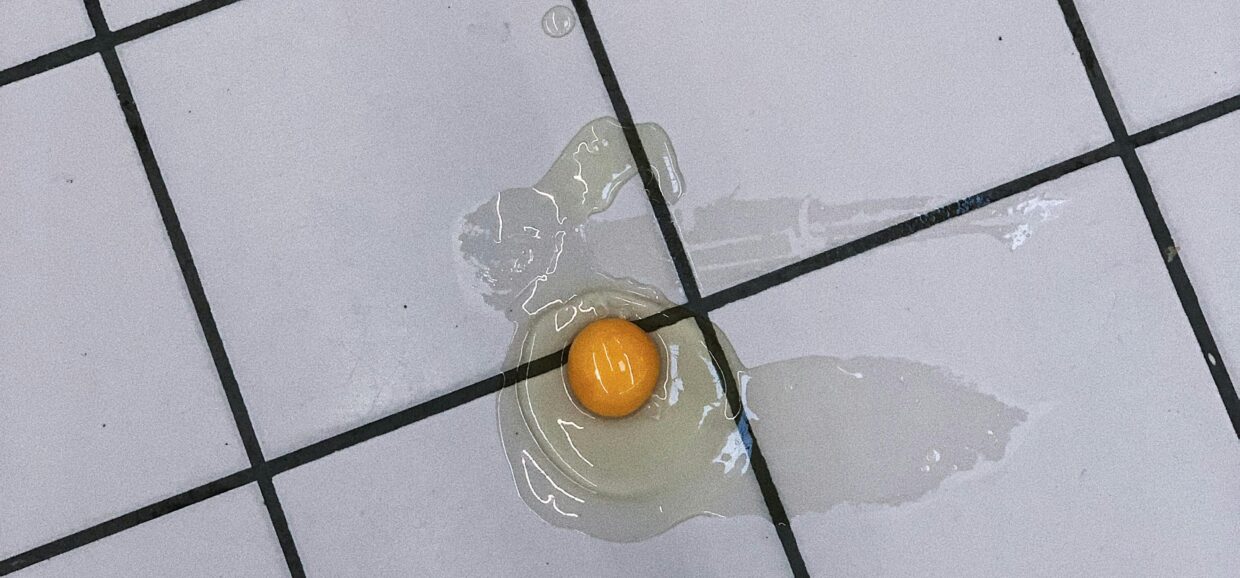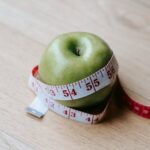Cooking is both an art and a science. While it’s a journey of experimentation and creativity, certain foundational practices can make or break your culinary endeavors. Recognizing and avoiding common kitchen mistakes can elevate your dishes and boost your confidence. Here’s a guide to some frequent errors and how to sidestep them.
1. Not Reading the Recipe Thoroughly
Diving into cooking without fully understanding the recipe can lead to missed steps or incorrect ingredient usage. Always read the entire recipe before starting to ensure you have all necessary ingredients and tools.
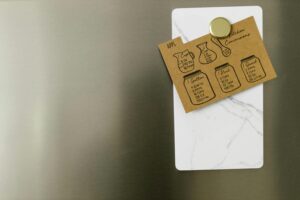
2. Overcrowding the Pan
Placing too much food in a pan can lower the temperature, leading to steaming rather than searing. This results in a lack of desired texture and color. Cook in batches if necessary to ensure even cooking.

3. Not Preheating the Pan
Adding ingredients to a cold pan can cause sticking and uneven cooking. Always allow your pan to reach the desired temperature before introducing food.
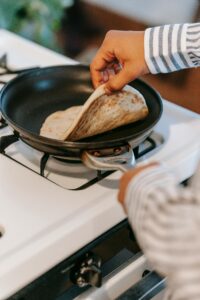
4. Neglecting to Taste as You Go
Relying solely on the recipe’s measurements without tasting can result in under or over-seasoned dishes. Regularly sampling your food allows for adjustments, ensuring a balanced final product.
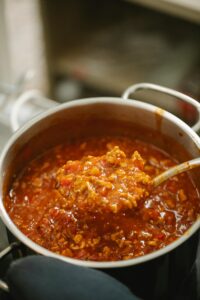
5. Using Dull Knives
A dull knife not only makes cutting less efficient but also increases the risk of accidents due to the added force required. Regularly sharpening your knives ensures precision and safety.
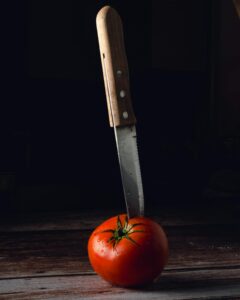
6. Improper Ingredient Substitutions
Making substitutions without understanding their impact can alter the dish’s flavor, texture, or appearance. Research or consult reliable sources before replacing ingredients to ensure compatibility.
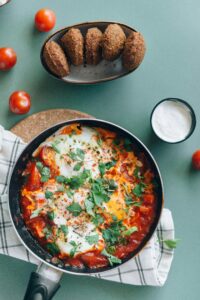
7. Overcooking or Undercooking Proteins
Not using a meat thermometer can lead to proteins being overcooked (resulting in dryness) or undercooked (posing health risks). Investing in a reliable thermometer ensures meats reach safe and optimal temperatures.
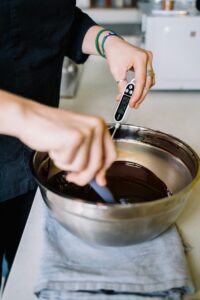
8. Adding Food to a Cold Oven or Oil
Introducing food before the oven or oil reaches the desired temperature can lead to uneven cooking and undesirable textures. Always preheat your oven and ensure oil is at the correct temperature before cooking.
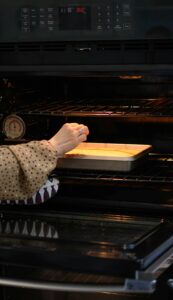
9. Overmixing Batters and Doughs
Overmixing can develop gluten, resulting in tough and dense baked goods. Mix just until combined to achieve the desired light and tender texture.
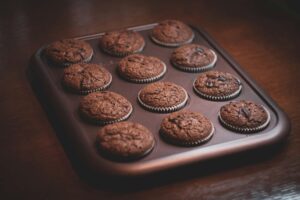
10. Disregarding Pan Size Recommendations
Using the incorrect pan size can affect cooking times and the final outcome of a dish. Always adhere to pan size recommendations or adjust cooking times accordingly.
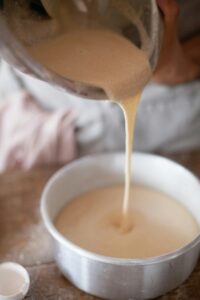
By being mindful of these common mistakes and implementing the suggested corrections, you can enhance your cooking skills and create more delightful culinary experiences. Remember, the heart of cooking lies in continuous learning and the joy of sharing your creations.
News Highlight: A recent article from Allrecipes emphasizes that pre-washing dishes before placing them in the dishwasher is unnecessary and can hinder cleaning efficiency. Modern dishwashers are designed to handle food residue, and pre-washing can mislead sensors, leading to less effective cleaning.



